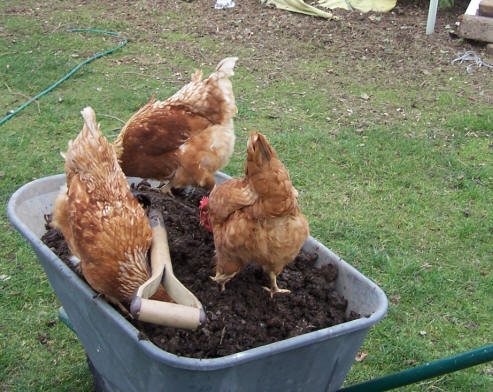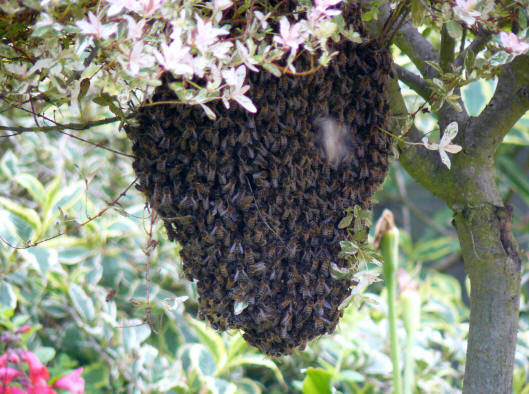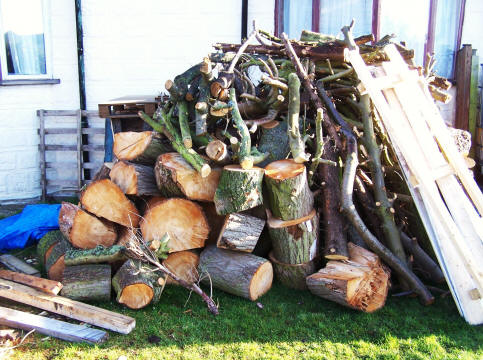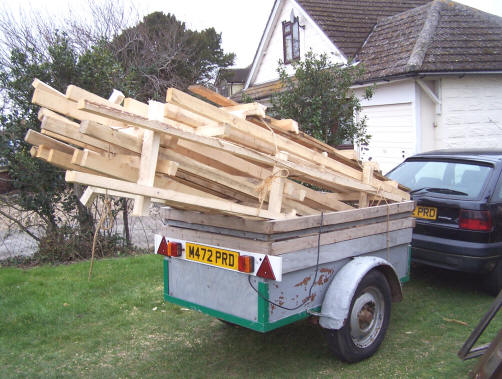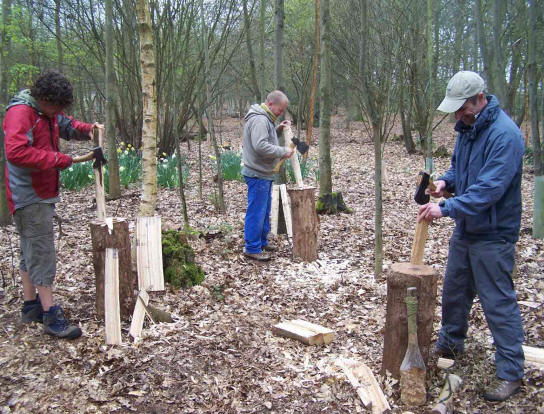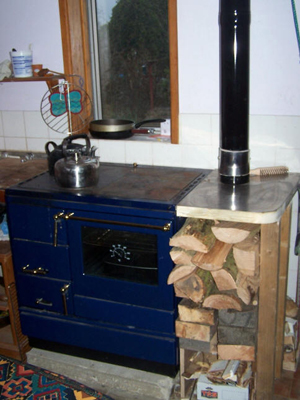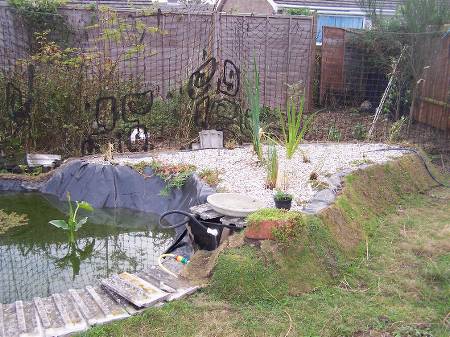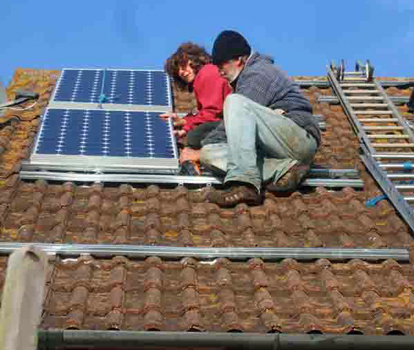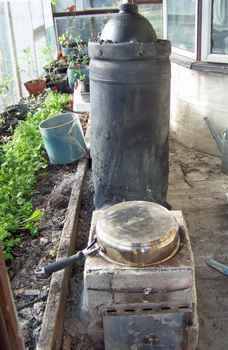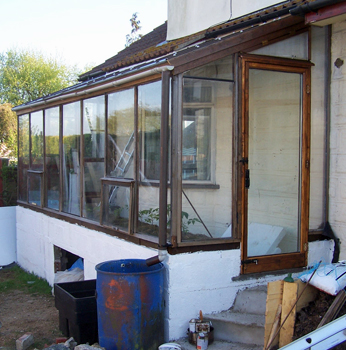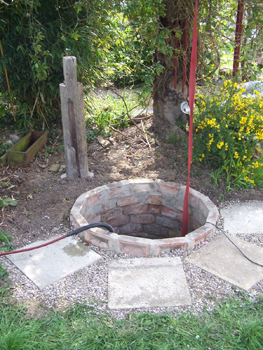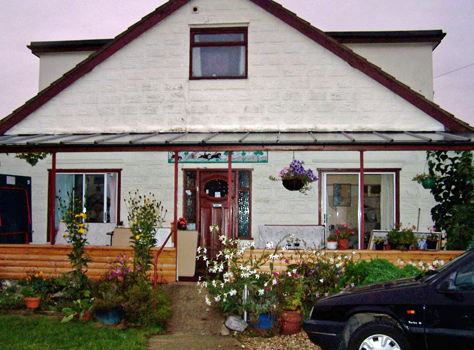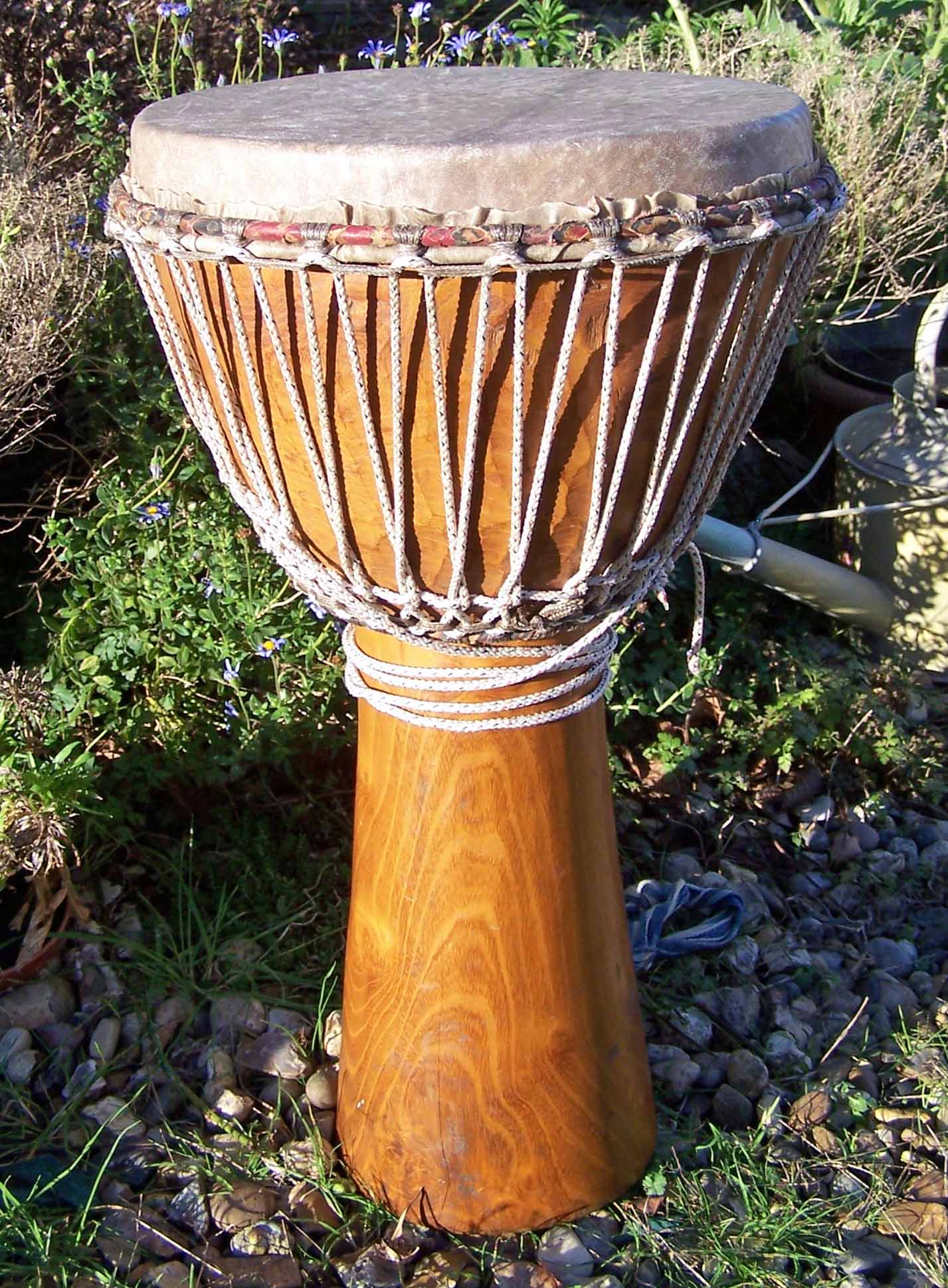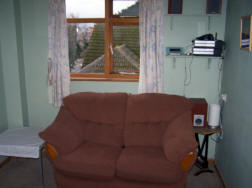
Climate change, the overuse of natural resources and destruction of the natural world is facing us all with an unprecedented crisis. Rosie and I believe in taking personal responsibility for the way we live and affect the world around us.
This site exists to follow our progress applying energy and water saving ideas to our house here in Clacton-on-sea in Essex UK, growing our own food and interacting with others with the same objectives.
- We want to be as self reliant as possible without being fanatical.
- We are structuring our house and garden on Permaculture principles
- We are recycling grey water through a reed bed and collecting rain.
- We use solar energy and waste wood wood to heat our water, our home and for cooking (seasoning logs info)
- We generate solar electricity and store the electricity in batteries
- We try to consume less and recycle more
- We grow and eat our own vegetables, fruit, eggs, honey and logs and trade our surplus with others.
- We are creating all of this ourselves (DIY) mostly from recycled materials.
- We have a woodland which we are coppicing to provide fuel and building materials
If you would like to visit at any time contact us for an appointment, click here for directions and details.
Our new page with climate change links and resources
We are now a Permaculture Association LAND learning centre. This means that individuals of groups can visit us to see what Permaculture means in practice. We are looking forward to having (and learning from) lots of interesting visitors.
If you want to visit us as a working or as a paying guest get in touch. We have a three room unit to rent or trade. Also we are members of WWOOF and you can visit us through this organisation as well, trading your labour for food and lodging. We offer a friendly place to stay close to the sea where the focus is on sustainable living.
1/ We have installed a wood-fired central heating stove and cooking range to make use of the plentiful supply of waste wood available in the nearby industrial estate. We own a small piece of ancient woodland and are coppicing and re-planting the trees there
2/ We have installed a solar panel kit (20 vacuum tubes 1700mm long) from Solarsavings on eBay (Around £1000 for the complete kit, half the cost advertised by other suppliers!).
3/ I have found a source of insulation off cuts in the industrial estate and have used them to insulate our flat roofs.
4/ We have built a rain water harvesting system and a grey water recycling system consisting of:
- A surge tank to collect the water from the bath, washing machine and vegetable washing sink.
- The reed bed: a combination horizontal and vertical gravel filter planted with reeds and rushes.
5/ We have dug out an old well which we are using to water the garden in the summer.
These systems water: the polytunnel, dipping ponds and wild life pond and a series of vegetable deep beds made from scrounged turf & soil, horse manure & scrounged roofing tiles for edging.
6/ We have completed a lean-to greenhouse obtained from Freecycle and using recycled concrete blocks from a demolition next door to give us solar gain and plant growing space, including a rock storage for excess heat recycling (now working well).
7/ A 1.6 Kw solar PV (electricity generating) system - We are using a battery bank to store the electricity, this give us some independence from the grid but we sacrifice some of the power because of losses in charging the batteries. We also get a lower payment from the government.
8/ We have insulated our floors and flat roofs with insulation off cuts from the industrial estate - see pictures.
9/ We have bought an 8 acre woodland and are coppicing it to improve the habitat for wildlife and provide ourselves with logs and building timber.
10/ We have completed a four kilowatt PV system on our workshop roof, feeding in to the grid (and being paid for the energy we produce.)
11/ We have built a wood fired rocket stove in the greenhouse to extend the growing season.
12/ We now have a Nissan Leaf electric car replacing our old Citroen CI Evie electric car. we changed the batteries in the Citroen and we were able to use the old set of batteries to store solar electricity in our house. When electric car batteries are replaced they have up to a ten year life storing solar electricity.
